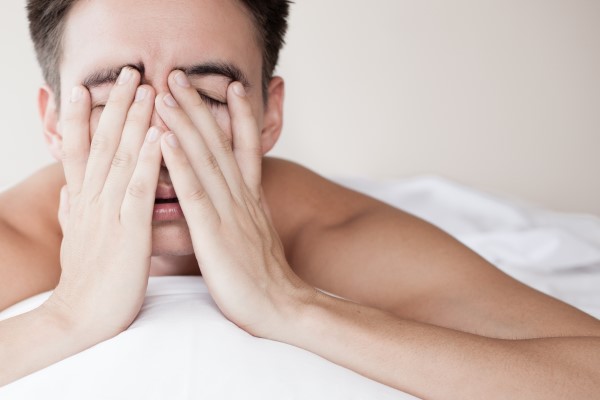What You Need to Know About Sleep Medicine

Sleep medicine is important for people dealing with a form of sleeping disorder. Good sleep is important for good health. Sleeping disorders can have an adverse effect on your quality of life, and in worse scenarios, may cause complications in certain medical conditions such as epilepsy, cardiovascular conditions and diabetes. If you have a sleep disorder, you need to meet with a sleep medicine specialist for diagnosis and treatment.
Who needs sleep medicine?
Sleep medicine is a solution for anyone who cannot seem to get a good night’s sleep, which is usually a sign of a sleeping disorder. Examples of sleeping disorders include:
- Insomnia: A condition indicated by habitual sleeplessness or inability to sleep
- Narcolepsy: A chronic brain disorder where a person is unable to stop sleepiness, causing excessive and impulsive daytime sleepiness and an inability to control sleep
- Restless legs syndrome: This condition is a neurological disorder that leads to painful leg sensations that disturbs sleep
- Sleep apnea: A serious sleep disorder where a person momentarily stops breathing during sleep
- REM sleep behavior disorder: This issue affects a person during the REM phase of sleep and causes vocal or physical action of any unpleasant or vivid dream they might be having
- Circadian rhythm disorders: This term is used to describe sleep disorders that alter normal sleep times and prevent the person from sleeping and waking up at normal times, which may eventually interfere in normal activities such as work
When a person starts noticing any of the following symptoms, they need to go for a sleep medicine consultation:
- Difficulty falling or staying asleep
- Difficulty staying awake, such as sleeping during activities like driving or meetings.
- Irregular sleep routine
- Sleepwalking
- Mood changes or irritability
- Waking up feeling tired even after sleeping for at least seven hours
- Sleep paralysis
- Severe snoring problems
- High blood pressure
- Choking or gasping while sleeping
- Breathing difficulties or unintentional breathing pauses during sleep
Diagnosing and treating sleeping disorders
It is difficult to diagnose sleeping problems because they have many potential causes, including emotional problems, stress, side effects of drugs and alcohol or caffeine use. Therefore, it is advisable to seek professional help to discover the origin of the problem and get appropriate treatment.
A healthcare provider will perform a thorough assessment of the patient’s symptoms, including a sleep study. Some sleep-related disorders can only be diagnosed during sleep. The sleep study will help the dentist to diagnose and understand the cause of the sleeping disorder. They will also ask about the patient’s history and symptoms.
Sleep medicine treatment for sleeping disorders depends on the cause of the issue. Therefore, accurate diagnosis is essential before treatment recommendations.
Interested in sleep medicine?
Sleep medicine is an important medical subspecialty that deals with the diagnosis and treatment of sleep disorders. If you are noticing signs of a sleeping problem, reach out to a health professional for help as soon as possible.
Request an appointment here: https://artisandentalbellevue.com or call Artisan Dental at (425) 454-2005 for an appointment in our Bellevue office.
Check out what others are saying about our services on Google: Read our Google reviews.
Related Posts
Getting a smile makeover means getting at least one type of cosmetic dental treatment. You may want to improve your smile, but along with these treatments is the benefit of better oral health. Finding out more about this makeover can help you make informed decisions. Here are the details to consider about a smile makeover.The…
A smile makeover can be achieved with the help of one procedure or several. What a dentist recommends depends on the attributes of your smile you would like to change. To give you a better picture of some treatments that can transform a smile, take a look at these five popular treatments.Slight to moderate misalignments…
Considering a smile makeover and not sure where to start? Read on to learn more. Many people avoid smiling due to dental imperfections. A smile makeover may be the answer. A dentist can improve your smile with cosmetic procedures like teeth whitening, bonding, and veneers. The right professional for the treatment is the key to…
A smile makeover treatment can target dental stains and discoloration. Some of them affect the surface, while others penetrate the deeper layers of the mouth. A full evaluation can determine the right procedure to correct this cosmetic dental issue. Here are the common smile makeover options you should consider for your discolored or stained teeth.Despite…









